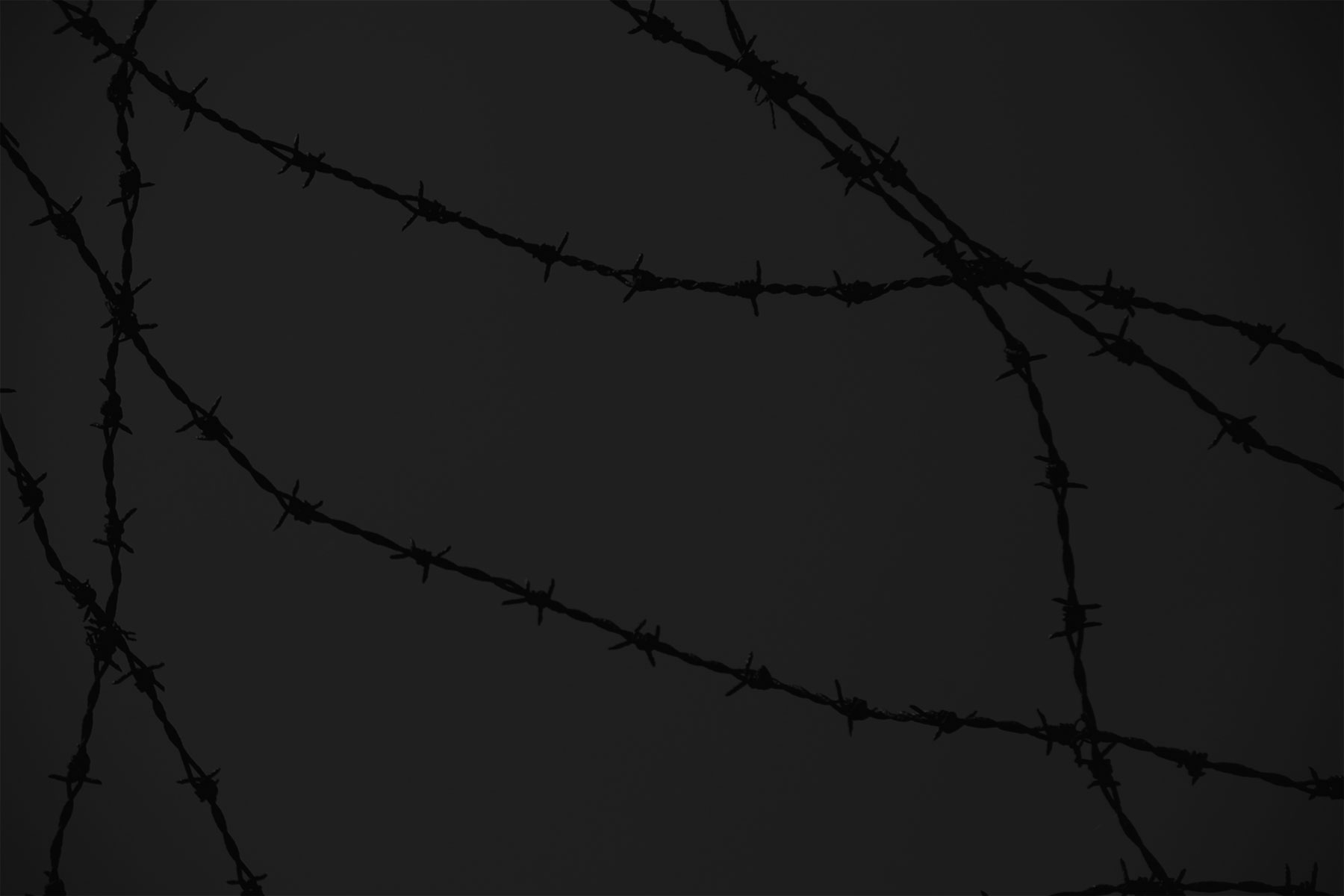29 September 2014
(We asked our friend, Detention Forum Scotland, to tell us their hope for the detention inquiry in light of the ‘NO’ vote for the Scottish Referendum.)
Many organisations working within the field of migration, and the individuals whose lives are affected daily by UK immigration policy, waited with baited breath for the result of the recent Scottish Referendum. Emotions ran high, the air was tense, everywhere you turned there was talk and arguments laid out for one side or the other. A Scotland with a new and progressive immigration system seemed possible.
For the Detention Forum Scotland and the people held in Dungavel Immigration Removal Centre (Scotland’s only detention centre) the promise that, ‘In an independent Scotland, we will close Dungavel’ (Scotland’s Future, p271) was encouraging. Like every other policy change and promise the Scottish National Party (SNP) put forward in the run up to the referendum, there was scepticism and unanswered questions regarding what closing Dungavel actually meant for the people held there. What would the future hold for people whom Scotland still planned to remove? Nonetheless, it was a hugely progressive promise. A promise that moved Scotland’s potential immigration policy far from the attitude that prevails in Westminster. A promise that could show what more humane attitude towards immigration policy throughout the UK would look like.
As Scotland voted to remain part of the UK with a majority of 55%, this promise must not be left to fade away into a distant memory. The organisations and individuals who were waiting hopefully for change must keep hoping, talking, and raising awareness of immigration detention. The parliamentary inquiry has thus come at an opportune time. We see that this Inquiry is the place where these memories can be kept alive.
Detention Forum Scotland has held two meetings to discuss some of the submission of evidence from Scotland. From these meetings organisations including; Bridging the Gap (a community organisation in Glasgow), Scottish Detainee Visitors (SDV), Glasgow Refugee, Asylum and Migration Network (GRAMNet), Scottish Refugee Council, and the Refugee Women’s Strategy Group will be submitting written evidence. There have also been individuals who feel strongly about detention involved, including an immigration solicitor, community members and former detainees.
Some of these organisations have also supported individuals who are currently held in Dungavel to tell their stories. For SDV, supporting current detainees to get their voices heard was more problematic than was first expected. For some detainees the task of giving evidence was too emotionally draining. The detainees who wished to submit evidence faced a number of barriers in getting their voice out. Language barriers prevented them from writing submissions, poor phone reception prevented visitors from being able to talk over the phone to detainees and record their evidence. This left the detainees having to give evidence to an SDV visitor in the centre’s visit room. A room in which there is no privacy, officers are present at all times. It is deemed neither a safe space nor a confidential one in which detainees are able to give a full account of their experiences.
It is crucial to acknowledge these issues both in relation to the barriers that immigration detention creates in allowing the voices of detainees to be heard, but also as elements of immigration detainees’ daily, lived experiences. These conditions will be familiar, wherever people are detained in the UK. But for a while, we in Scotland were able to experience those conditions in the hope that they might come to an end. For some of us, this referendum was not about nationalism, but about something more hopeful and inclusive. This Inquiry now carries forward that hope.

